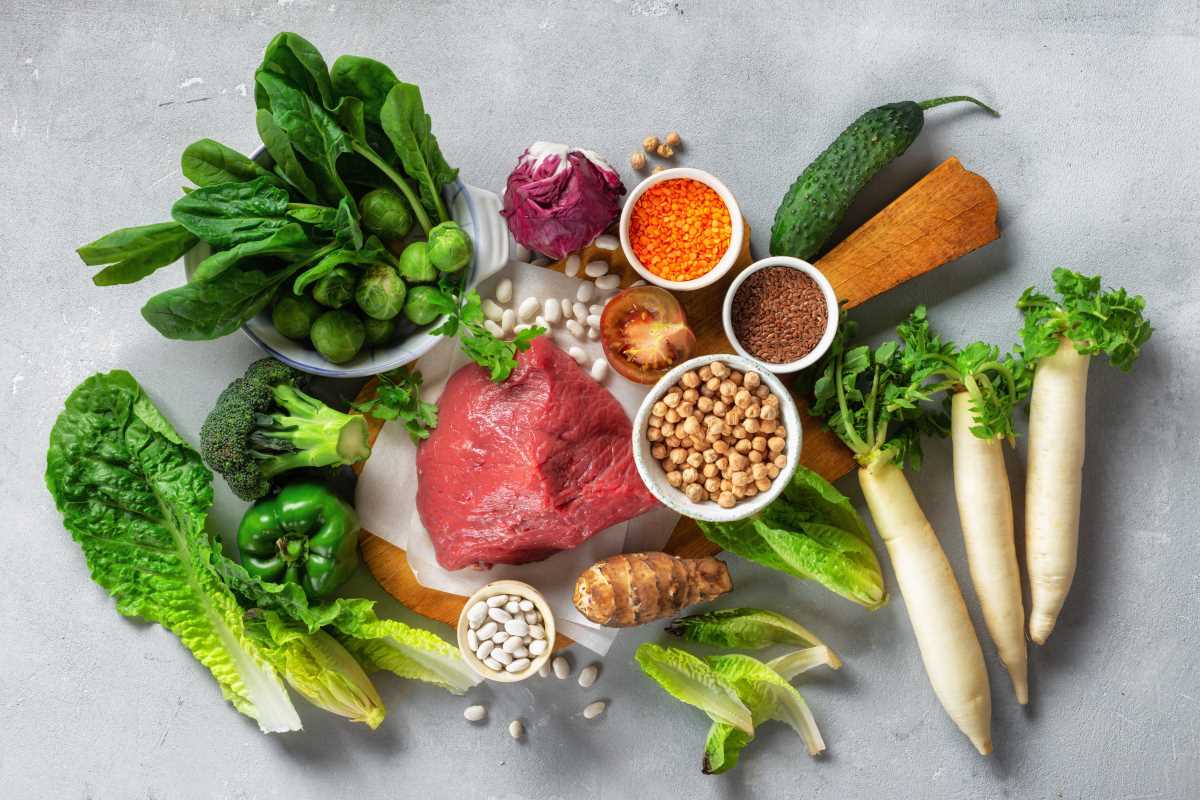In today's fast-paced world, achieving a balanced diet can sometimes feel like a daunting task. However, maintaining proper nutrition is essential for overall health and well-being. By incorporating a variety of foods into your daily meals, you can ensure that your body receives the necessary nutrients it needs to function optimally. Here are some valuable tips to help you achieve nutritional balance and support a healthy lifestyle.
To start off, incorporating a colorful variety of fruits and vegetables into your meals is a great way to ensure you are getting a wide range of essential nutrients. Different colored fruits and vegetables contain unique vitamins, minerals, and antioxidants that contribute to overall health. For example, orange fruits and vegetables such as carrots and sweet potatoes are rich in beta-carotene, which supports eye health and immunity.
In addition to fruits and vegetables, it's important to include a variety of lean proteins in your diet to support muscle growth and repair. Foods like chicken, fish, tofu, beans, and legumes are excellent sources of protein. Incorporating protein into your meals can help you feel full and satisfied, reducing the likelihood of overeating or snacking on unhealthy foods.
Whole grains are another essential component of a balanced diet. Choose whole grains such as brown rice, quinoa, oats, and whole wheat bread over refined grains like white rice and white bread. Whole grains are rich in fiber, which aids in digestion and helps you feel full for longer periods. Additionally, they provide essential nutrients like B vitamins, iron, and magnesium.
Healthy fats are also crucial for overall health and should be included in your diet in moderation. Opt for sources of unsaturated fats such as avocados, nuts, seeds, and olive oil. These fats can help reduce inflammation, support brain health, and improve cholesterol levels. Avoiding trans fats and saturated fats found in processed foods and fried foods is important for maintaining heart health.
Lastly, staying hydrated is an often overlooked aspect of nutrition. Drinking an adequate amount of water throughout the day is essential for digestion, nutrient absorption, and overall well-being. Aim to drink at least eight glasses of water a day and more if you are physically active or live in a hot climate. You can also incorporate hydrating foods like watermelon, cucumber, and broth-based soups into your diet.
By following these tips and incorporating a variety of nutrient-dense foods into your diet, you can achieve a balanced and healthy eating pattern. Remember that small changes add up over time, so focus on making sustainable choices that work for your lifestyle. Prioritizing your nutritional balance will not only support your physical health but also boost your energy levels and overall well-being.
(Image via Adobe)







